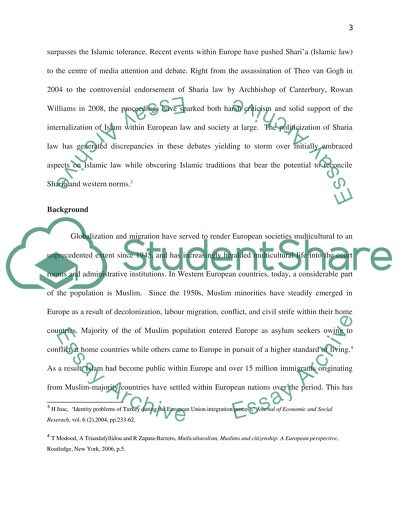Cite this document
(“European Union Law Essay Example | Topics and Well Written Essays - 3000 words”, n.d.)
Retrieved from https://studentshare.org/law/1475417-european-union-law
Retrieved from https://studentshare.org/law/1475417-european-union-law
(European Union Law Essay Example | Topics and Well Written Essays - 3000 Words)
https://studentshare.org/law/1475417-european-union-law.
https://studentshare.org/law/1475417-european-union-law.
“European Union Law Essay Example | Topics and Well Written Essays - 3000 Words”, n.d. https://studentshare.org/law/1475417-european-union-law.


